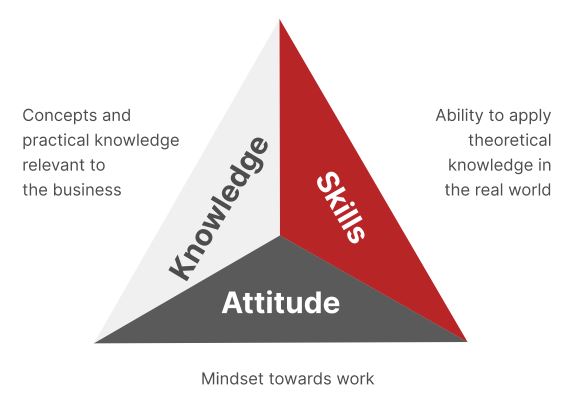-
Who We Are
Who We Are
Ajeenkya DY Patil University (ADYPU), known for its strong emphasis on innovation, is a renowned hub for young learners with entrepreneurial aspirations. We provide an ideal environment for young learners and aspiring entrepreneurs to develop skills for the ever-evolving world and nurture the growth of your startup ventures!
ADYPU
-
Academics
Academics
Ajeenkya D Y Patil University offers a vast array of unique and innovative academic programs tailored to equip students for success in their chosen fields.
-
Center & Initiatives
Center & Initatives
Ajeenkya DY Patil University has collaborated and taken out innovative initiatives in enhancing the overall education experience, giving students amazing hands-on experiences and connections with industry leaders thus and making a positive impact on society.
Entrepreneurship and Innovation Centre
-
Life at ADYPU
Life at ADYPU
Ajeenkya DY Patil University offers a rich and lively experience with student clubs, recreational activities and dynamic events to nurturing personal growth, leadership development and lifelong friendships.

